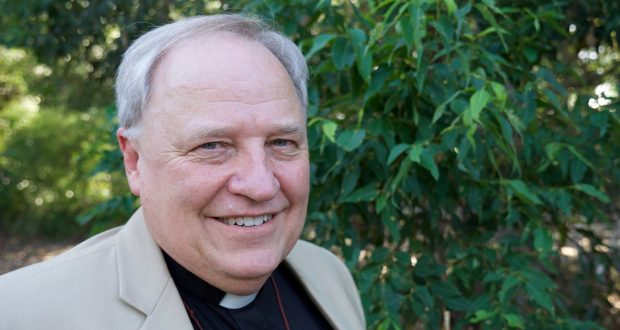A couple of days after the birth of our first child, Joan and I were travelling with him from the hospital back to Toogoolawah. We had to stop at a chemist for something, and the realisation came to me (belatedly, some may say) that life would never be the same.
I was particularly immersed in the dawning awareness that I was now the sitting target of an immense variety and power of marketing campaigns for anything and everything to do with babies, children, right up to when they leave home.
I’d prided myself on a capacity for sceptical thinking regarding marketing campaigns and advertising, but now, mine and Joan’s hopes and aspirations for “The Hope and Worry of Our Lives”, as C.J. Dennis’ character, Jim, nick-named his first born, would render many of my defences profoundly compromised.
A birth certainly changes everything. For many of us, it’s a wonderful experience of seeing new life grow and flourish in a way that at least in some measure, is planned and according to expectations. That’s not true for all births. Some bring profound challenges.
The gospel stories highlight that the birth of Jesus was more linked to the kind of birth that brings both deep joy and deep challenge.
This birth happens in a way that’s decidedly irregular; it looks pretty suspicious to people who want things done decently and in order. If this is God at work, then it’s not according to the rule book.
Take some time again to read the accounts of the coming of Jesus in Matthew, Luke and John; each in their own way shed light on our confession of faith in that Jesus “was incarnate of the Holy Spirit and the Virgin Mary, and became truly human”.
These accounts show us God at work; they give us people who show us what it means to be a disciple, they expound that the gospel will always be political; they reflect metaphysically on the mystery of the Word becoming flesh.
They tell us that this birth does change everything.
Christmas will always be about a God who comes to us in a way that repudiates and totally undermines all our justifications of the coercive use of power. Such justifications have been the dominant paradigm for human community; and still are in the world today.
From Jesus’ lowly birth—with its invitation to trust and to wonder—to his death on the cross in solidarity with us all, and his resurrection: this life says to us God is present in God’s world, “Emmanuel”.
This life changes everything.
Rev David Baker
Moderator, Queensland Synod
 JourneyOnline
JourneyOnline






